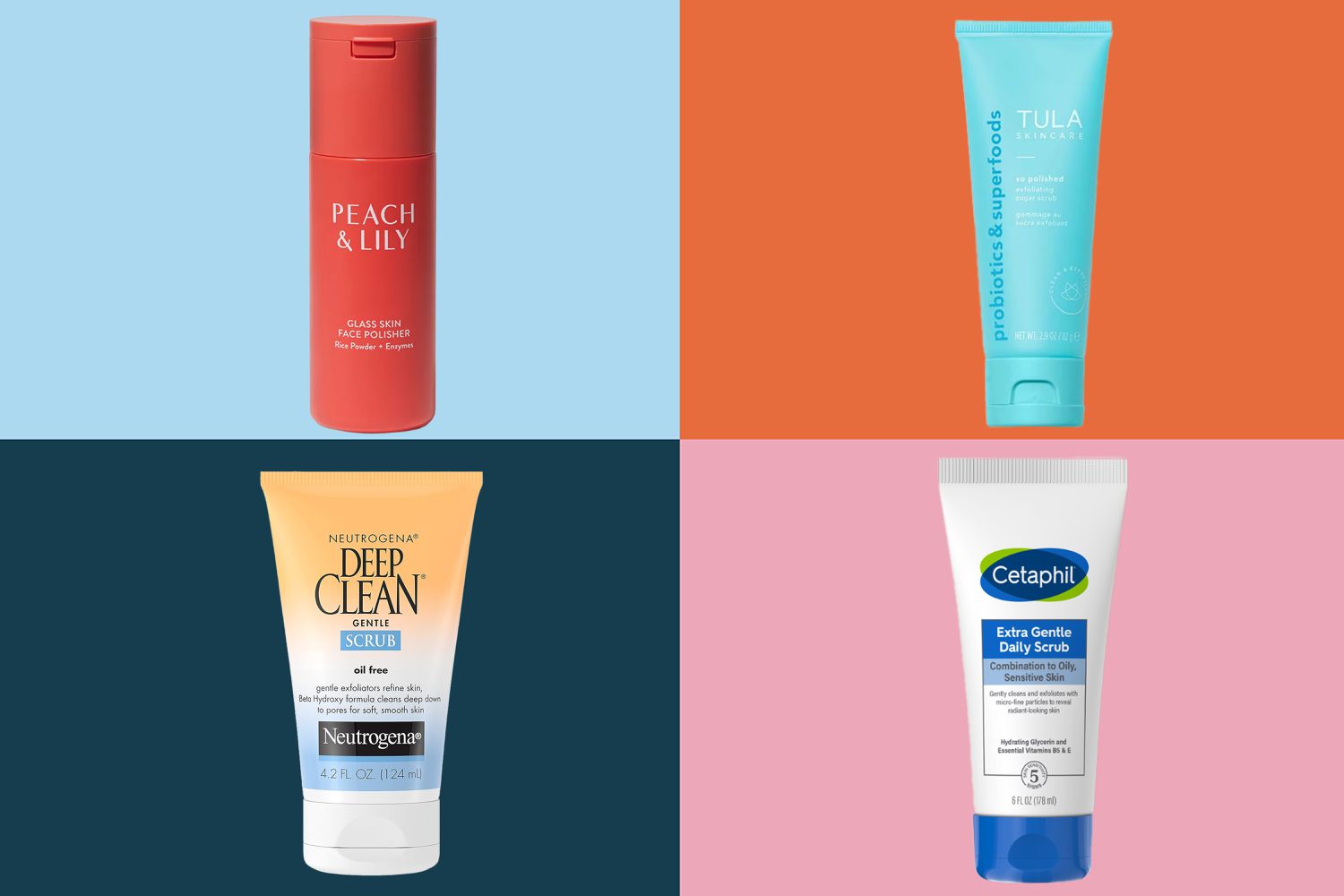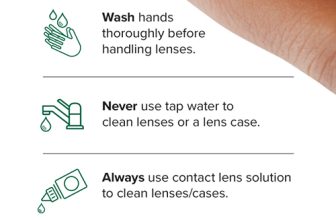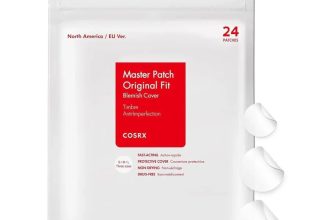Best Facial Masks: Unlock Radiant Skin Instantly
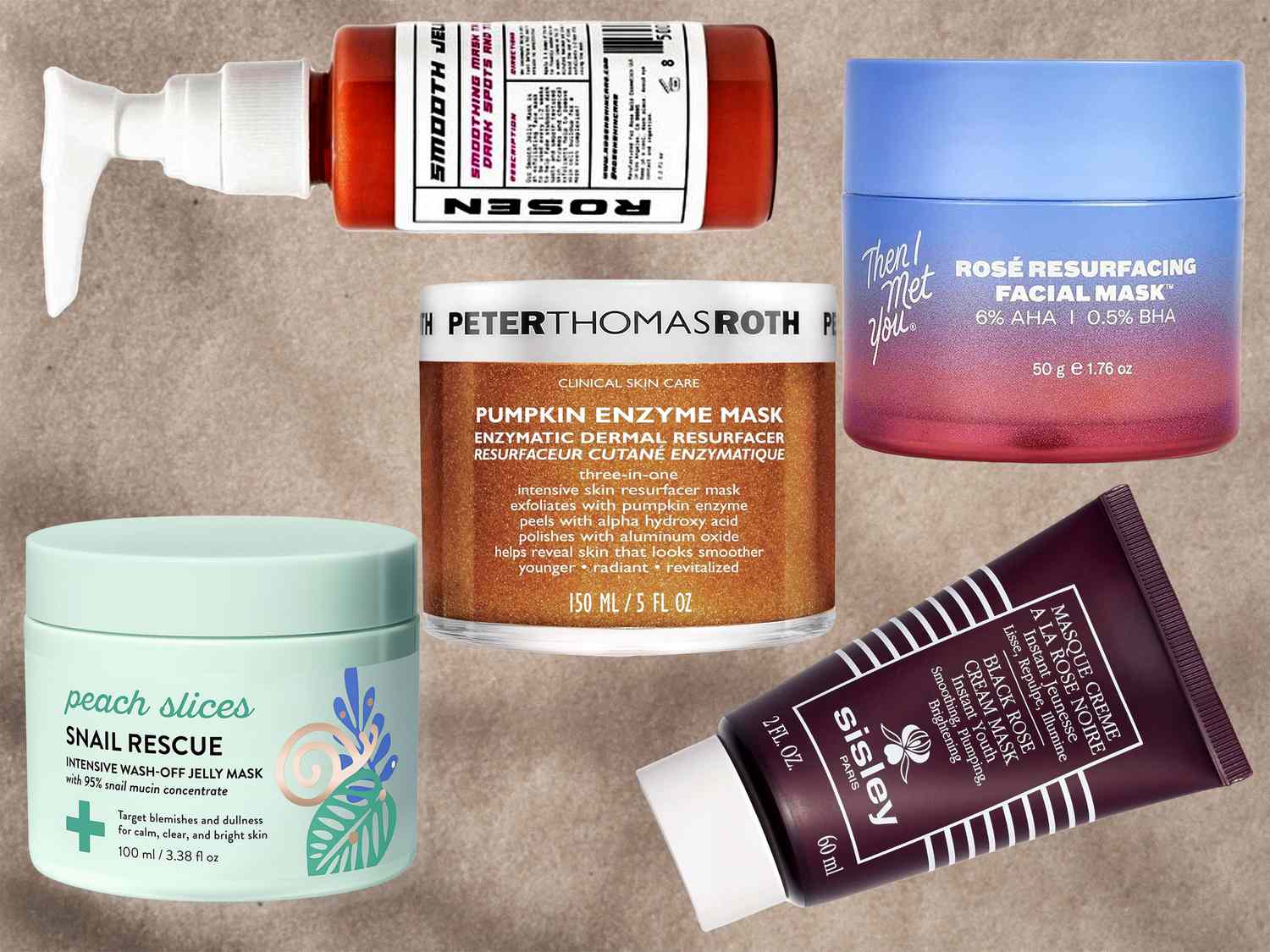
Clay masks, sheet masks, and gel masks are some of the best facial masks for healthy skin. They provide hydration, deep cleansing, and revitalization.
Facial masks are essential for maintaining glowing, healthy skin. They come in various forms, each catering to specific skin needs. Clay masks are great for removing impurities and excess oil, making them ideal for oily skin. Sheet masks, often soaked in serums, provide intense hydration and are perfect for dry or dehydrated skin.
Gel masks soothe and cool the skin, making them suitable for sensitive skin types. Choosing the right mask can enhance your skincare routine, leaving your skin refreshed and rejuvenated. Regular use of facial masks can lead to a noticeable improvement in skin texture and appearance.

Credit: nypost.com
Introduction To Facial Masks
Facial masks are a great way to improve your skin. They help to cleanse, hydrate, and revitalize your face. Many people use them as part of their skincare routine. Facial masks can address various skin concerns. These include dryness, oiliness, and acne. They also provide a relaxing experience. Using a mask can be a form of self-care. Different masks suit different skin types. It’s important to choose the right one for your skin. Facial masks come in various forms. These include clay, sheet, and cream masks. Each type has its own benefits.
Importance Of Facial Masks
Facial masks can deeply cleanse your pores. They remove dirt and impurities from your skin. Masks also provide intense hydration. This is especially important for dry skin. Regular use of masks can improve skin texture. They make your skin feel smooth and soft. Masks can also help reduce the appearance of pores. They can give your skin a healthy glow. Facial masks are easy to use. They are a quick way to pamper yourself.
Instant Benefits For Skin
Facial masks offer immediate results. They can make your skin look brighter. Masks can reduce redness and inflammation. They also help to calm irritated skin. Some masks provide anti-aging benefits. They can reduce fine lines and wrinkles. Hydrating masks can plump up your skin. This makes it look more youthful. Masks with natural ingredients are gentle on the skin. They can be used weekly for the best results.
Types Of Facial Masks
Discover the best facial masks, from hydrating sheet masks to detoxifying clay masks, for glowing skin. Each type offers unique benefits to address specific skin concerns.
Clay Masks
Clay masks are great for oily skin. They help to remove impurities and reduce excess oil. You can apply them once a week. They leave your skin feeling fresh and clean.
Sheet Masks
Sheet masks provide instant hydration. They are soaked in serums and nutrients. You just place the sheet on your face for 15-20 minutes. They are very convenient and mess-free.
Gel Masks
Gel masks are suitable for sensitive skin. They provide a cooling effect and reduce redness. These masks are often infused with aloe vera and cucumber extracts. They are perfect for calming the skin.
Cream Masks
Cream masks offer deep nourishment. They are ideal for dry skin types. These masks are rich in moisturizing ingredients like shea butter and hyaluronic acid. You can leave them on for 10-15 minutes.
Choosing The Right Mask
Selecting the best facial masks can enhance your skincare routine. Discover masks tailored to your skin type for optimal results.
Skin Type Considerations
Different skin types need different facial masks. Oily skin benefits from clay masks. These masks absorb excess oil. Dry skin needs hydrating masks. Look for masks with hyaluronic acid or aloe vera. Sensitive skin requires gentle ingredients. Avoid masks with strong fragrances. Combination skin can use multi-masking. Apply different masks to different face areas.
Specific Skin Concerns
Addressing specific skin concerns is crucial. Acne-prone skin benefits from masks with salicylic acid. This ingredient helps to clear pores. Aging skin needs masks with antioxidants. Ingredients like vitamin C and retinol are ideal. Dull skin gets a boost from exfoliating masks. Enzymes or fruit acids can help. Redness can be soothed with calming masks. Look for chamomile or green tea.
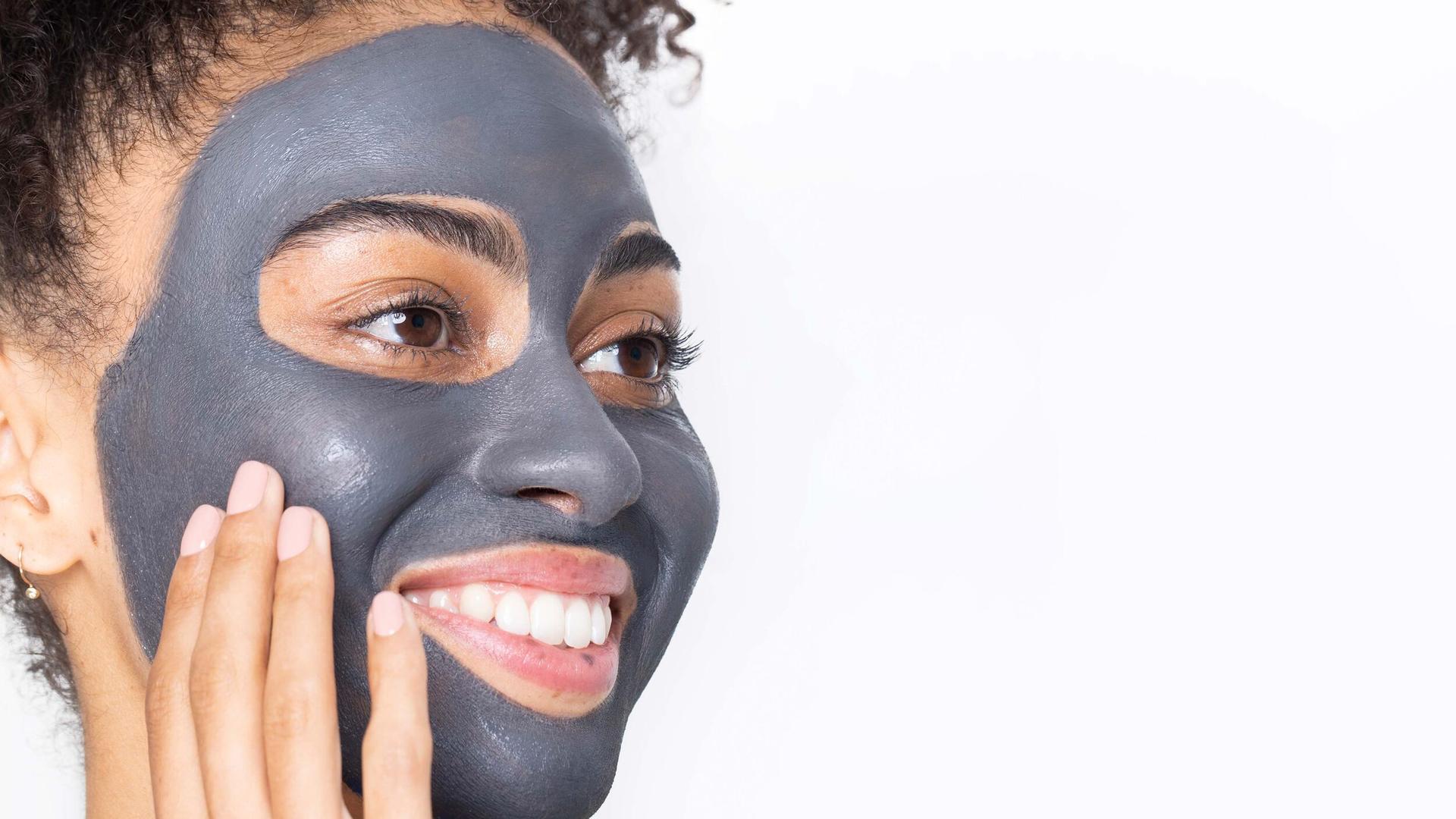
Credit: www.beautypie.com
Ingredients To Look For
Facial masks with hyaluronic acid help your skin stay hydrated. Glycerin is another great ingredient. It pulls moisture from the air to your skin. Aloe vera soothes and hydrates dry skin. Cucumber extract gives a cooling effect and keeps your skin moist.
Retinol boosts collagen production and reduces wrinkles. Vitamin C protects against damage and brightens skin. Peptides firm up the skin and improve elasticity. Niacinamide reduces fine lines and evens out skin tone.
Vitamin C is great for brightening dull skin. Licorice extract reduces dark spots and evens skin tone. Kojic acid lightens pigmentation and age spots. Arbutin helps fade blemishes and gives a brighter complexion.
Application Tips
For glowing skin, apply facial masks on a clean face, avoiding the eye area. Leave it on for 15-20 minutes.
Preparation Steps
Start by washing your face with a gentle cleanser. This removes dirt and oil. Use warm water to open your pores. Pat your skin dry with a clean towel. For better results, exfoliate your skin. This helps to remove dead skin cells. You can use a gentle scrub or an exfoliating brush. Do not skip this step. It makes the mask more effective.
Correct Application Techniques
Apply the mask evenly on your face. Avoid the eyes and lips. Use a brush or your fingers. Apply a thin layer for clay masks. Apply a thicker layer for cream masks. Let the mask sit for 10-20 minutes. Follow the instructions on the product. Do not leave it on for too long. Rinse off with warm water. Pat your face dry with a towel.
Post-mask Care
After removing the mask, apply a toner. This helps to close your pores. Follow with a moisturizer. This keeps your skin hydrated. Drink water to keep your skin fresh. Avoid touching your face. This can cause breakouts. Use a mask 1-2 times a week. Do not overuse it. It can dry out your skin.
Diy Facial Masks
Explore the best DIY facial masks for glowing skin. Discover natural ingredients that rejuvenate, hydrate, and brighten your complexion. Enjoy spa-quality results at home with simple, effective recipes.
Homemade Recipes
Create a simple mask with honey and yogurt. Mix two tablespoons of honey with one tablespoon of yogurt. Apply it to your face for 15 minutes. Rinse off with warm water.
Another recipe uses avocado and banana. Mash half an avocado with a small banana. Spread the mixture on your face. Leave it for 20 minutes. Rinse with cool water.
Benefits Of Natural Ingredients
Natural ingredients are gentle on the skin. Honey helps to moisturize and soothe. Yogurt contains probiotics that help skin glow. Avocado is rich in vitamins and nourishes deeply. Bananas are great for hydration.
Common Mistakes To Avoid
Selecting the best facial masks can be tricky. Avoid using products with harsh chemicals that can irritate the skin. Always check for allergies by doing a patch test before full application.
Overuse Issues
Using facial masks too often can damage your skin. It might cause redness and irritation. Masks should be used once or twice a week. Overuse can strip the skin of its natural oils. Healthy skin needs a balanced routine.
Incorrect Product Combinations
Mixing the wrong products can harm your skin. Certain ingredients do not work well together. For example, retinol and vitamin C should not be used at the same time. Always read product labels carefully. Consulting a dermatologist can help you choose the right combination.
Top Recommended Facial Masks
Hydrating masks work best for dry skin. They provide deep moisture. Look for masks with hyaluronic acid and glycerin. These ingredients help retain moisture. Avoid masks with alcohol. Alcohol can dry out your skin further.
Choose masks with clay or charcoal for oily skin. These ingredients absorb excess oil. They help keep your skin matte and clean. Avoid creamy masks. Creamy masks can add unnecessary oil to your skin.
Multi-masking is ideal for combination skin. Use different masks on different areas. Apply a hydrating mask on dry areas. Use a clay mask on oily areas. This approach balances your skin perfectly.

Credit: m.youtube.com
Frequently Asked Questions
What Are The Benefits Of Facial Masks?
Facial masks can deeply cleanse, hydrate, and rejuvenate your skin. They help to unclog pores and remove impurities. Regular use can improve skin texture and tone.
How Often Should I Use A Facial Mask?
Most facial masks can be used 1-2 times per week. However, always follow the product’s instructions for best results. Overuse can irritate your skin.
Which Facial Mask Is Best For Acne?
Clay masks are excellent for acne-prone skin. They absorb excess oil and help reduce breakouts. Look for masks with salicylic acid or tea tree oil.
Can Facial Masks Help With Wrinkles?
Yes, anti-aging facial masks can help reduce the appearance of wrinkles. They often contain ingredients like hyaluronic acid and peptides. These ingredients boost skin elasticity and hydration.
Conclusion
Choosing the best facial masks can enhance your skincare routine. They provide essential nutrients, hydration, and improve your skin’s texture. Experiment with different masks to find the perfect match for your skin type. Consistent use will result in a glowing, healthy complexion.
Invest in quality facial masks for noticeable, lasting results.

